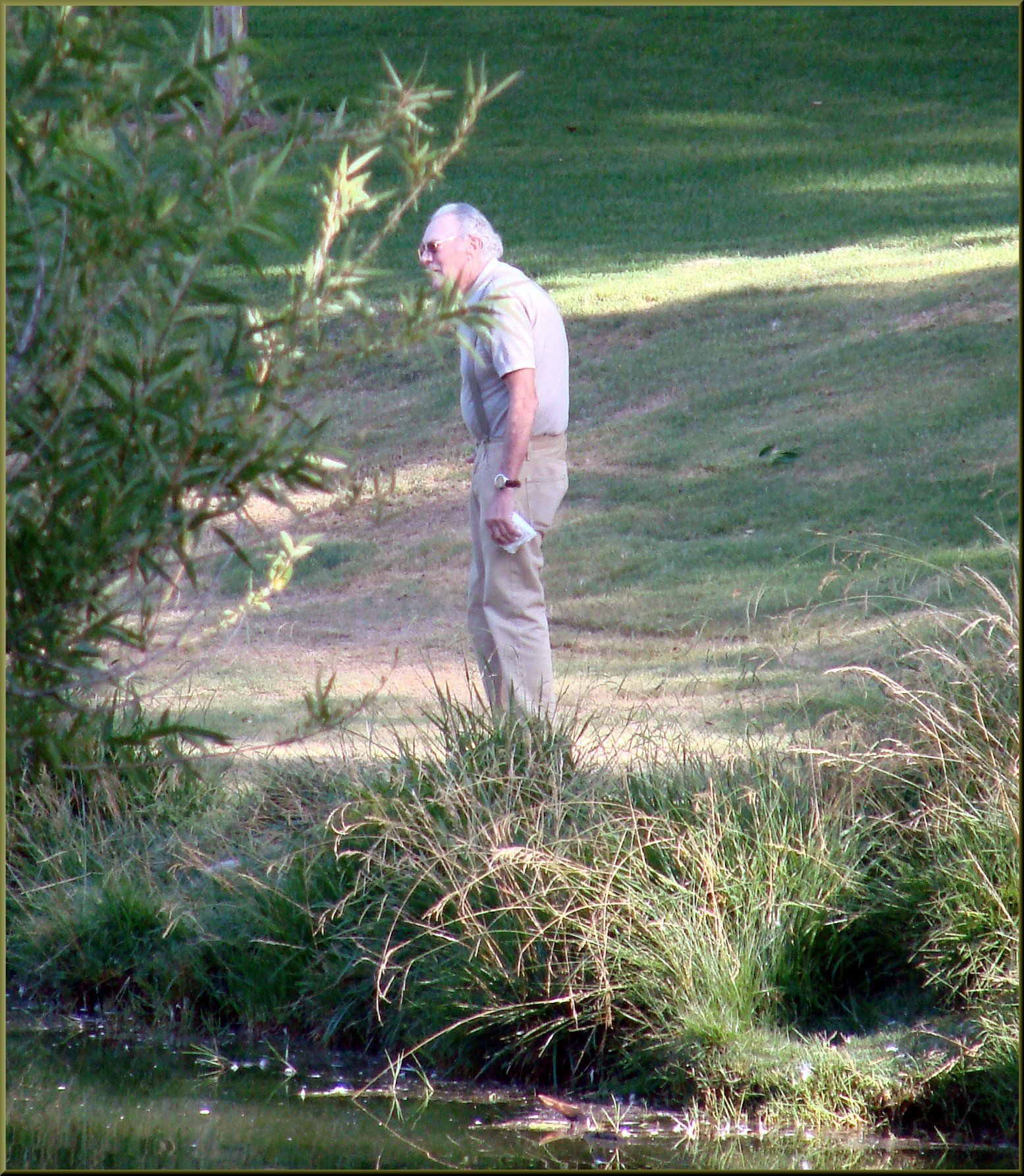Imagine waking up one morning and realizing you can’t remember your best friend’s phone number—or even your own. It’s not because of age or illness, but because you haven’t needed to remember it for years. From childhood, we’re taught to lean on our brains, to recall facts, faces, and details that define our lives. But now, in a world where answers are a click away and reminders ping from our pockets, have we started letting technology do the heavy lifting for our minds? The idea is both mesmerizing and a little unsettling: are we trading our cognitive strength for convenience, and in the process, losing touch with the art of thinking itself?
The Digital Crutch: Our Ever-Present Helpers
Smartphones, tablets, and computers are like trusty sidekicks, always just an arm’s reach away. We depend on them for directions, schedules, recipes, and even remembering birthdays. This constant access to information has made daily life smoother, but it’s also made us less likely to exercise our mental muscles. If you’ve ever panicked when your phone died, you’ve felt just how much we lean on these digital crutches. The convenience is undeniable, yet it comes with a subtle cost—one we often overlook.
The Google Effect: Memory in the Age of Search Engines
Psychologists call it “the Google Effect”—the tendency to forget information that can be easily found online. When we know we can look something up, we’re less likely to store it ourselves. It’s as if our brain outsources the hard work, freeing up space for other things. This might seem efficient, but it can dull our mental sharpness over time. Our ancestors remembered stories, songs, and wisdom because their survival depended on it. Today, with Google always ready, that survival skill is fading.
From Remembering to Navigating: A Shift in Cognitive Skills
Our brains aren’t necessarily getting weaker—they’re just adapting. Instead of memorizing, we’re becoming experts at navigating, searching, and organizing information. It’s like trading a library of books in your head for the world’s largest, most searchable database. While this shift has its perks, it also means we might struggle when technology isn’t available. Think about the last time you tried to recall an address or a fact without your phone. Did you feel a little lost?
The Decline of Rote Learning: A Double-Edged Sword
Rote learning—memorizing facts through repetition—was once a cornerstone of education. Today, it’s often criticized as outdated, replaced by teaching kids how to find and use information. This approach can boost creativity and problem-solving, but it also means fewer people can recall basic facts without help. There’s a richness to having knowledge at your fingertips, ready to spark a conversation or inspire a new idea. Are we losing that richness in our pursuit of efficiency?
Navigation and Maps: Losing Our Inner Compass
Remember the days of paper maps, or asking for directions at a gas station? Now, GPS does the thinking for us, guiding every turn. Studies have shown that relying on navigation apps can shrink the part of our brain responsible for spatial memory. London taxi drivers, who memorize the city’s labyrinthine roads, actually grow a larger hippocampus—the brain’s navigation center. When we stop using this skill, it quietly fades away.
The Art of Forgetting: Is It Always Bad?

Forgetting isn’t always the enemy. Our brains naturally filter out information to avoid overload. But when we rely too much on technology, we may forget things that matter—like important memories, meaningful dates, or personal achievements. There’s a difference between letting go of clutter and losing the threads that tie us to our past. It’s a subtle distinction, yet it shapes how we see ourselves and the world around us.
Social Media: Externalizing Our Stories
Social media acts as a personal scrapbook, archiving our photos, milestones, and thoughts. Scrolling through old posts can trigger memories we might otherwise lose. But there’s a twist: we may stop truly remembering these moments, trusting the app to do it for us. Instead of reliving an experience in our mind, we relive it through a screen. The line between memory and record-keeping is getting blurry.
Voice Assistants and Reminders: Delegating Daily Life
“Hey Siri, remind me to call Mom.” Voice assistants have become our personal secretaries, handling appointments, to-do lists, and even grocery shopping. This delegation frees up mental space, but it also means we’re less practiced at remembering everyday tasks. It’s like outsourcing your calendar to someone else—helpful, but potentially risky if the system fails.
The Science of Neuroplasticity: Use It or Lose It
Neuroplasticity is the brain’s ability to change and grow in response to challenges. When we practice recalling facts or solving puzzles, our brains build new connections. But when we stop exercising those pathways, they weaken. Just as muscles atrophy without use, so too do memory networks. Technology can either be a tool for growth or a reason to slack off.
Education in the Digital Age: Balancing Tools and Skills
Classrooms today are filled with laptops and tablets, allowing students to access vast resources. But there’s a danger in relying solely on these tools. Educators face the challenge of teaching kids how to think critically and remember key concepts—not just how to Google answers. Striking the right balance is tricky, but crucial for preparing the next generation.
Multitasking: The Illusion of Productivity
With so much information at our fingertips, multitasking feels like a superpower. But studies show that switching between tasks actually reduces performance and makes it harder to remember what we learn. Our brains crave focus, yet technology tempts us to scatter our attention. The result? We may know a little about a lot, but struggle to go deep on any one topic.
Personal Anecdote: The Lost Art of Recollection

I remember my grandfather reciting poems and stories from memory, his eyes lighting up with each line. He didn’t have a phone or computer to remind him—just his mind, honed by years of practice. Today, I find myself reaching for my phone instead of recalling a birthday or an address. It’s both a marvel and a loss, a reminder that technology changes not just how we live, but who we are.
Emotional Intelligence: Machines Can’t Feel for Us
While machines can store and recall information, they can’t capture the emotional weight of a memory. Remembering a loved one’s voice or the smell of fresh rain is more than data—it’s experience. Outsourcing memory risks flattening these moments, turning vibrant memories into lifeless facts. Emotions are the glue that binds our memories together, something no machine can truly replicate.
Creativity and Innovation: The Power of Connections
Great ideas often come from connecting distant dots—facts, memories, and experiences buried in our minds. When we stop remembering, we lose the raw material for creativity. Machines can suggest solutions, but only humans can dream up something entirely new. Memory isn’t just storage; it’s the spark that lights the creative fire.
Health and Aging: Can Tech Prevent Memory Loss?
For older adults, technology offers tools to keep minds sharp—brain games, reminders, and digital puzzles. Some studies suggest these can slow cognitive decline, but they’re no substitute for real-life engagement and memory practice. Staying mentally active means more than just swiping a screen; it’s about challenging the mind, socializing, and making memories that stick.
Collective Memory: Society’s External Hard Drive
As a society, we’ve always found ways to preserve knowledge—cave paintings, books, libraries. Now, the cloud is our collective memory, storing everything from family photos to scientific breakthroughs. This is a powerful tool, but it also means we risk becoming passive consumers of knowledge, rather than active participants in its creation and preservation.
Digital Amnesia: When Technology Fails Us
We’ve all experienced that moment of panic when a device crashes and precious data disappears. Relying too heavily on machines means we’re vulnerable to their failures. Digital amnesia—a term for forgetting information because it’s stored on a device—highlights the need to keep some knowledge in our own heads. When the network goes down, what’s left?
Mindfulness and Memory: The Case for Being Present
Practicing mindfulness—fully engaging with the present moment—can boost memory and well-being. When we’re constantly distracted by notifications and screens, we miss opportunities to form lasting memories. Slowing down, savoring experiences, and reflecting on the past can help us reconnect with our own mental archives.
Striking a Balance: Humans and Machines as Partners
The answer isn’t to reject technology, but to use it wisely. Machines can be powerful partners, enhancing our abilities without replacing them. By consciously choosing when to rely on memory and when to delegate, we can preserve the best of both worlds. It’s about staying in the driver’s seat, not handing over the keys entirely.
Looking Forward: Reclaiming the Joy of Thinking
There’s a simple pleasure in recalling a fact, a face, or a fond memory without help. Reclaiming this joy means making small changes—memorizing a phone number, learning a poem, or challenging yourself with a puzzle. It’s about keeping the mind alive and curious, even in a world overflowing with information. Are you ready to take back your mind?



